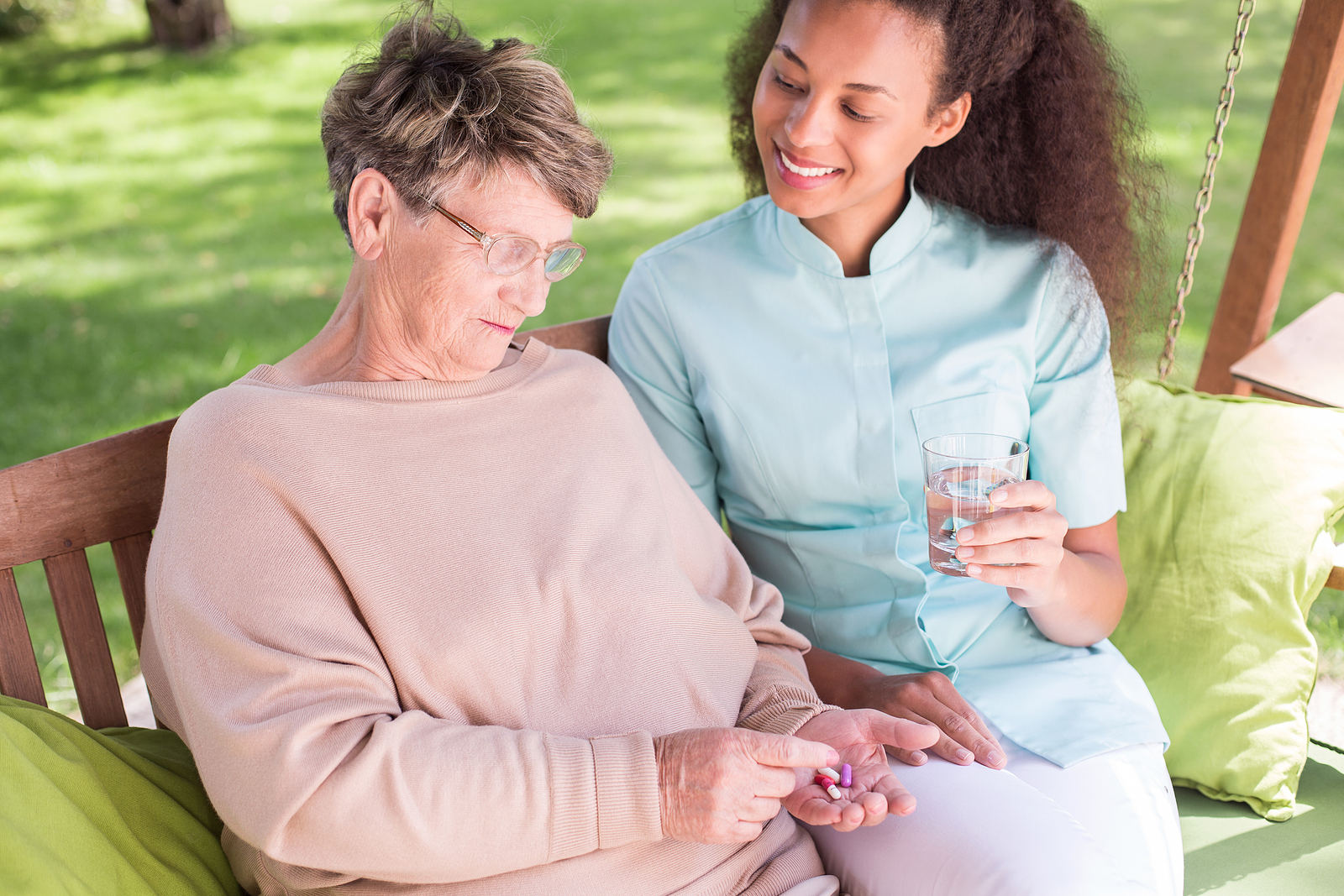Privacy Policy
Last updated: September 24, 2024
This Privacy Policy describes how Golden Heart Senior Care (the “Site”, “we”, “us”, or “our”) collects, uses, and discloses your personal information when you visit, use our services, or contact via phone or SMS www.goldenheartwalnutcreek.com (the “Site”) or otherwise communicate with us regarding the Site (collectively, the “Services”). For purposes of this Privacy Policy, “you” and “your” means you as the user of the Services, whether you are a customer, website visitor, or another individual whose information we have collected pursuant to this Privacy Policy.
SMS opt-in or phone numbers for the purpose of SMS are not being shared with any third party and affiliate company for marketing purposes
Please read this Privacy Policy carefully. By using and accessing any of the Services, you agree to the collection, use, and disclosure of your information as described in this Privacy Policy. If you do not agree to this Privacy Policy, please do not use or access any of the Services.
Changes to This Privacy Policy
We may update this Privacy Policy from time to time, including to reflect changes to our practices or for other operational, legal, or regulatory reasons. We will post the revised Privacy Policy on the Site, update the “Last updated” date and take any other steps required by applicable law.
How We Collect and Use Your Personal Information
To provide the Services, we collect and have collected over the past 12 months personal information about you from a variety of sources, as set out below. The information that we collect and use varies depending on how you interact with us.
In addition to the specific uses set out below, we may use information we collect about you to communicate with you, provide or improve or improve the Services, comply with any applicable legal obligations, enforce any applicable terms of service, and to protect or defend the Services, our rights, and the rights of our users or others.
What Personal Information We Collect
The types of personal information we obtain about you depends on how you interact with our Site and use our Services. When we use the term “personal information”, we are referring to information that identifies, relates to, describes or can be associated with you. The following sections describe the categories and specific types of personal information we collect.
Information We Collect Directly from You
Information that you directly submit to us through our Services may include contact details including your name, address, phone number, and email and other personal information including your billing address, shipping address, and payment information.
Some features of the Services may require you to directly provide us with certain information about yourself. You may elect not to provide this information, but doing so may prevent you from using or accessing these features.
Information We Collect about Your Usage
We may also automatically collect certain information about your interaction with the Services (“Usage Data”). To do this, we may use cookies, pixels and similar technologies (“Cookies”). Usage Data may include information about how you access and use our Site and your account, including device information, browser information, information about your network connection, your IP address and other information regarding your interaction with the Services.
How We Use Your Personal Information
- Providing Services: We use your personal information to provide you with the Services in order to perform our contract with you, including to process your payments, fulfill your schedule needs, to send notifications to you related to your account.
- Communicating with You and Service Improvement:We use your personal information to provide you with customer support and improve our Services. This is in our legitimate interests in order to be responsive to you, to provide effective services to you, and to maintain our business relationship with you.
- When you direct us to contact you, we will contact you via phone, email, or SMS. You can OPT OUT of communications by notifying us at info@goldenheartwalnutcreek.com or by texting STOP at anytime.
Cookies
Like many websites, we may use Cookies on our Site.
Most browsers automatically accept Cookies by default, but you can choose to set your browser to remove or reject Cookies through your browser controls.
How We Disclose Personal Information
In certain circumstances, we may disclose your personal information to third parties for contract fulfillment purposes, legitimate purposes and other reasons subject to this Privacy Policy. Such circumstances may include:
- With vendors or other third parties who perform services solely on our behalf (e.g., IT management, payment processing, data analytics, customer support, cloud storage, fulfillment and shipping).
- Other than as stated above, we do not sell your personal information with third parties for marketing purposes. Your information will be used solely for responding to your inquiries or providing updates related to your request.
- When you direct us to contact you, we will contact you via phone, email, or SMS. You can OPT OUT of communications by notifying us at info@goldenheartwalnutcreek.com or by texting STOP at anytime.

